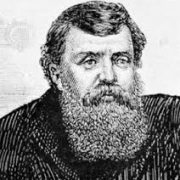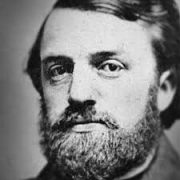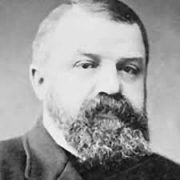In Due Time
In hope of eternal life which God, who cannot lie, promised before time began, but has in due time manifested His word through preaching, which was committed to me according to the commandment of God our Savior. (Titus 1:2-3)
Paul wrote a letter to his young associate named Titus, and here we see a few lines from his introduction. Paul here wrote of his work as a servant and apostle of God, how that work was in hope of eternal life. Paul was obviously concerned with the here and now, but his heart and mind were never far from heaven and the hope of eternal life.
This hope of eternal life is much more than a wish. It was promised before time began, and it was promised by the God who cannot lie.

It’s a bit of a fad among some Christians today to say that the Bible doesn’t speak much about personal salvation or the hope of heaven. Some think those ideas should be small and the bigger ideas should be community and the life of the here and now.
God cares about the present age, and He does a big work in community, among God’s people as a whole. But we don’t need to make small the hope of eternal life and how that eternal life is promised to individual people who put their trust in the person and work of Jesus Christ.
It is helpful to consider that eternal life starts right now. Sometimes we think eternal life only applies to heaven and that is true in the sense that it never ends. Still, we don’t have to wait for eternal life. We have that hope right now. The same life and presence of God that will be with us unto all eternity is with the believer right now.
The wonderful message of eternal life waited for the right time in God’s plan. But when the time was right – in due time – God showed everyone His plan, the plan now proclaimed in His word through preaching.
Think about those words: in due time. Christianity came into the world at a time when it was uniquely possible for its message to spread rapidly.
– There was a common language across the entire Roman Empire, a language of trade, business, and literature.
– There were virtually no frontiers because of the vast nature of the Roman Empire.
– Travel was comparatively easy. It was slow, but relatively safe because of the security that the Roman Empire brought to roads and sea routes.
– The world was largely at peace under the “Peace of Rome” (Pax Romana).
– The world was uniquely conscious of its need for a messiah and savior. The historian and Bible commentator William Barclay said, “There was never a time when the hearts of men were more open to receive the message of salvation which the Christian missionaries brought.”
In due time, when the time was right, God sent His message of eternal life through the person and work of Jesus Christ. Thank Him for that, and rest in knowing that His timing is also perfect in your life.










